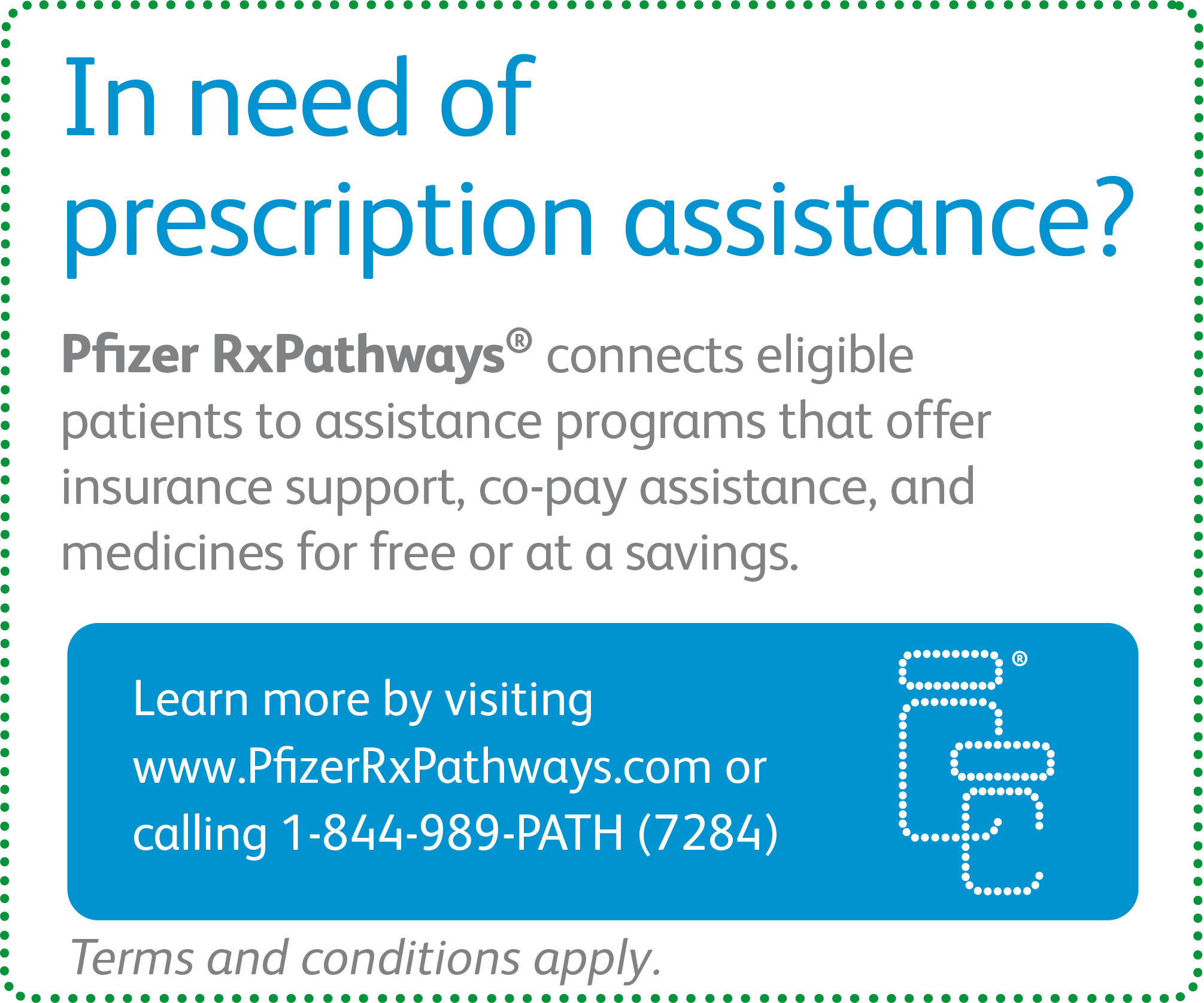IMPORTANT SAFETY INFORMATION AND INDICATION
Suicidality and Antidepressant Drugs
Antidepressants increase the risk of suicidal thinking and behavior in children, teens, and young adults. Depression and certain other psychiatric disorders are themselves associated with increases in the risk of suicide. Patients of all ages who are started on antidepressant therapy or when the dose is changed should be monitored appropriately and observed closely for clinical worsening, suicidality, or unusual changes in behavior such as becoming agitated, irritable, hostile, aggressive, impulsive, or restless. Should these occur, report them to a doctor right away. PRISTIQ is not approved for use in children under 18.
Do not take PRISTIQ if you are allergic to desvenlafaxine, venlafaxine, or any of the ingredients in PRISTIQ. Do not take PRISTIQ if you currently take, or have taken within the last 14 days, any medicine known as an MAOI (including intravenous methylene blue or the antibiotic linezolid). Allow 7 days after stopping PRISTIQ before starting an MAOI. Taking an MAOI with PRISTIQ can cause serious or even life-threatening side effects.
Before taking PRISTIQ, tell your healthcare professional about all prescription and over-the-counter medicines, vitamins, and herbal supplements you take or plan to take including those to treat migraines and psychiatric disorders (including other antidepressants, amphetamines and St. John's Wort supplements); to avoid serotonin syndrome, a potentially life-threatening condition (including triptans, tricyclic antidepressants, lithium, tramadol, fentanyl, meperidine, methadone or other opioids, amphetamines, tryptophan, buspirone, and St. John's Wort); aspirin, NSAID pain relievers, or blood thinners because they may increase the risk of bleeding.
Before taking PRISTIQ tell your healthcare provider about all your medical conditions, including if you:
- have high blood pressure
- have heart problems
- have cerebrovascular problems or had a stroke
- have or had bleeding problems
- have or had a family history of, bipolar disorder, mania or hypomania
- have high cholesterol or high triglycerides
- have or had depression, suicidal thoughts or behavior
- have kidney or liver problems
- have or had seizures or convulsions
- have low sodium levels in your blood
- are breastfeeding or plan to breastfeed. PRISTIQ can pass into your breastmilk. Talk to your healthcare provider about the best way to feed your baby during treatment with PRISTIQ.
Some people are at risk for visual problems such as eye pain, changes in vision, or swelling or redness around the eye. You may want to undergo an eye examination to see if you are at risk and get preventative treatment if you are.
Discontinuation symptoms may occur when stopping or reducing PRISTIQ, so talk to your healthcare professional before stopping or changing your dose. A gradual reduction in dose rather than abrupt cessation is recommended.
SSRIs and SNRIs, including PRISTIQ, may cause symptoms of sexual dysfunction, so tell your healthcare professional about any changes.
Until you see how PRISTIQ affects you, be careful driving a car or operating machinery. Avoid drinking alcohol while taking PRISTIQ.
In clinical studies, most common side effects with PRISTIQ 50 mg were nausea, problems sleeping, constipation, decreased appetite, sexual function problems, dizziness, sweating, feeling sleepy, and anxiety.
INDICATION
PRISTIQ is a prescription medication approved for the treatment of major depressive disorder in adults.
Please see Full Prescribing Information, including BOXED WARNING, and Medication Guide.






